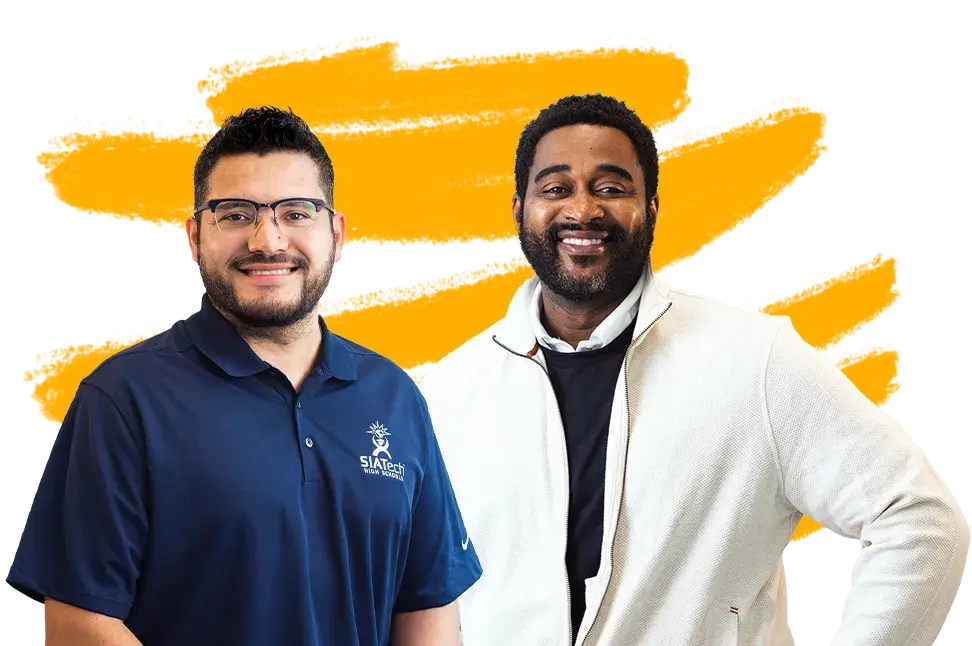
A Community School’s priority is to focus on the needs of their community. In partnership with school staff members, students, their families and the community they are a part of a Community School works to identify how to best support student success and meet their communities needs.
They are designed to ensure that their community of students are equipped with a safe space to learn and have access to the proper services and resources to have a successful learning experience.
A community school is any school serving pre-kindergarten through high school students using a 'whole-child' approach, with 'an integrated focus on academics, health and social services, youth and community development, and community engagement.' As a school improvement strategy, community school initiatives enable the local educational agency and school to work closely with educators, students, and families to understand and address the unique needs, assets, and aspirations of the school community. Community schools then design their own curricula and programs to support the whole child and partner with community-based organizations and local government agencies to align community resources to realize a shared vision for success. They improve student outcomes by addressing students’ academic, cognitive, physical, mental, and social-emotional needs. In addition to orchestrating governmental and community resources, community schools meet the needs of children and youth by building a positive school climate and trusting relationships, along with rich learning opportunities that prepare all students to succeed in college, career, and life.”
A Community School follows a four pillars research supported approach. They work to Integrate Student Support, Expand and Enrich Learning, Engage Families and Communities and Lead in Collaboration.
What that looks like at our schools:
What that looks like at our schools:
What that looks like at our schools:
What that looks like at our schools:
A Community School follows a four pillar research supported approach. They work to Integrate Student Support, Expand and Enrich Learning, Engage Families and Communities and Lead in Collaboration.
While these four acts are the base of a community school and help with their overall success the approach alone does not reflect community schools as a whole. Every Community School is different because each community is different. Community schools focus on becoming experts in their community and finetune each piece and ensure their student community is set up for success.
Our participating SIATech School sites are El Centro, Indio, Downtown LA, and East LA locations. Our SIATech Community Schools Coordinators are Jose Martinez and Terrence Thomas. They are dedicated to being experts on the communities they serve and strive to meet the needs of students to better improve their academic journey.


Our Community Schools team is always hosting fun and educational events and activities for students. Follow us on social media to stay up-to-date on upcoming events.